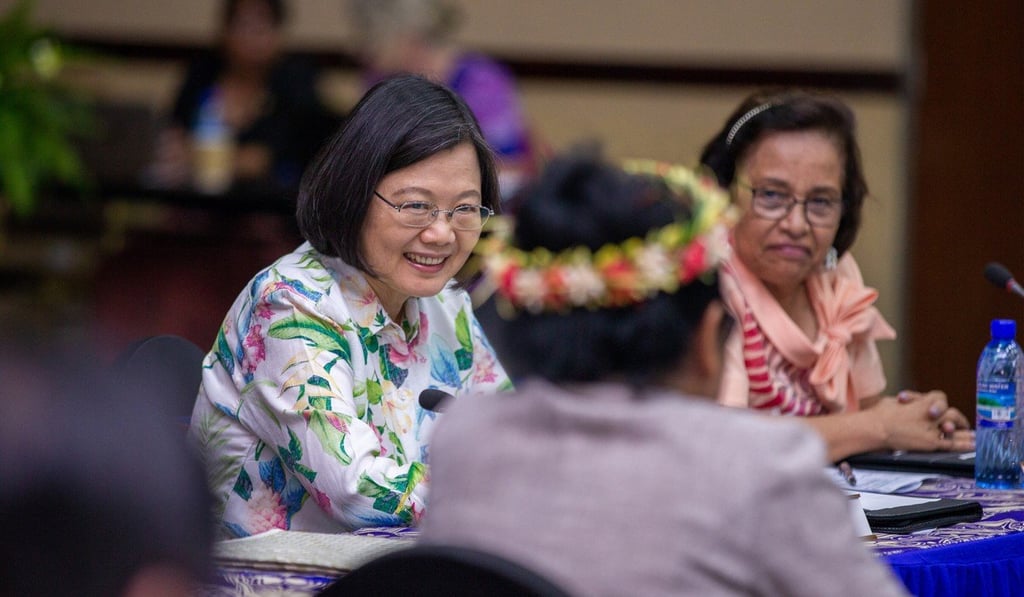Opinion | As Taiwan celebrates same-sex marriage, why is no one shouting about the shameful lack of women’s rights?
- When a married woman can only have an abortion if her husband agrees, when women are still blamed for inviting sexual harassment, and when a wave of murders of women sparks little outrage, there is still much work to do to create a fair society

But the parade that celebrated a monumental advancement in Taiwan’s history left a small feeling of discomfort within. I had been in Taipei in early March, and attended the annual Women’s Day March, which aimed to highlight issues including gender violence, social inequality and reproductive rights.
It was attended by around 100 people. At the same-sex marriage celebrations, more than 40,000 people lined the streets around the Chiang Kai-shek Memorial Hall. The discrepancy in numbers troubled me. Why is there such a stigma in Taiwan about highlighting women’s rights?
Crystal Liu, the founder of Taiwan’s Women’s March, told me that many people refuse to acknowledge the gender division and imbalance in Taiwan and prefer to believe gender equality has been achieved on account of there being a female president. “Some people are not familiar with sexual harassment and assault,” she said. “There isn’t much education or discussion of such topics, so it’s still taboo.”

